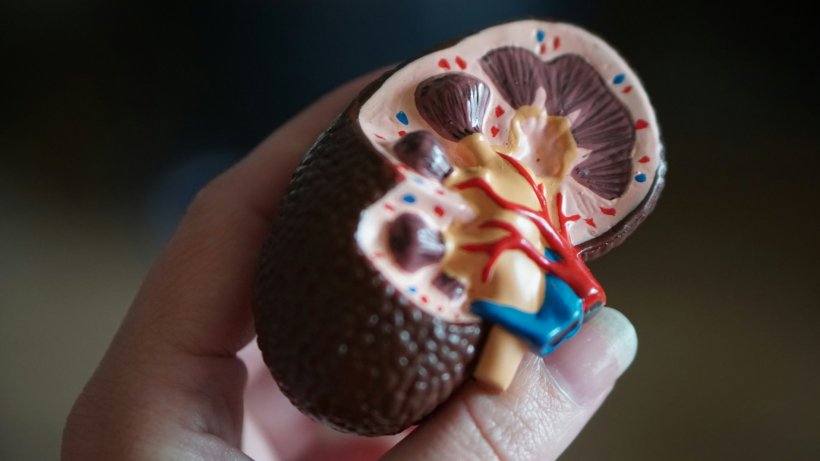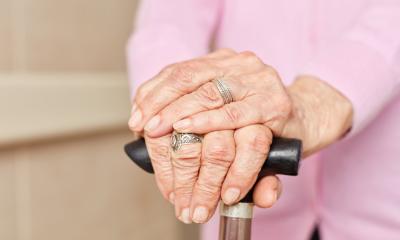
© Robina Weermeijer – unsplash.com
News • Variation in attitudes to biopsy practice
Global gaps in diagnosing kidney disease revealed
A recent study has identified that kidney specialists around the world have significantly different approaches on when they feel a kidney biopsy is needed to diagnose their patients.
In the largest study of its kind, researchers from the Centre for Public Health at Queen’s University Belfast surveyed over 1,100 doctors from 83 countries. The findings, published in the Clinical Journal of the American Society of Nephrology, reveals a high degree of agreement amongst kidney specialists working in the UK and the Republic of Ireland. In contrast, internationally, there were wide variations among experts as to whether a biopsy was needed in specific situations.
Dr Michael Toal, lead author of the paper and Clinical Research Fellow at the Centre for Public Health at Queen’s commented: “A kidney biopsy is an essential investigation for diagnosis but is invasive and associated with complications. Delaying or missing the opportunity to diagnose kidney disease could result in adverse patient outcomes. This study aimed to examine attitudes to kidney biopsy across the world.”
This is important research for patients as it is looking at unexplained variation in diagnosing kidney disease across the world, which could unfortunately mean that some patients miss out on getting an accurate diagnosis
Jim McCaughan
Via an online questionnaire, nephrologists took part in the worldwide survey which found that males, younger clinicians and individuals who perform biopsies more frequently, had an increased propensity to recommend a kidney biopsy. Dr Toal added: “The research also highlighted that a kidney biopsy was most often recommended in the setting of higher urinary protein levels and preserved kidney function.”
Furthermore, the propensity-to-biopsy scores were significantly different between the 13 countries with the highest participation, with Mexico showing to have the highest propensity to biopsy and the Philippines the lowest. Professor Peter Maxwell from the School of Medicine, Dentistry and Biomedical Sciences at Queen’s is senior author of the paper, he said: “The variations in attitudes in experts across the globe likely reflect differences in training, experience in performing a biopsy, as well as tolerance for risk among clinicians relative to the value of information obtained from a kidney biopsy. This research is a crucial step forward in ensuring that all patients have access to timely care to prevent kidney failure and it is critical in helping to improve outcomes for patients affected by kidney disease in Northern Ireland.”
The study was funded by the Northern Ireland Kidney Research Fund (NIKRF), the charity’s chair, Rev. Jim McCaughan commented: “This is important research for patients as it is looking at unexplained variation in diagnosing kidney disease across the world, which could unfortunately mean that some patients miss out on getting an accurate diagnosis.”
Source: Queen's University Belfast
21.01.2025





